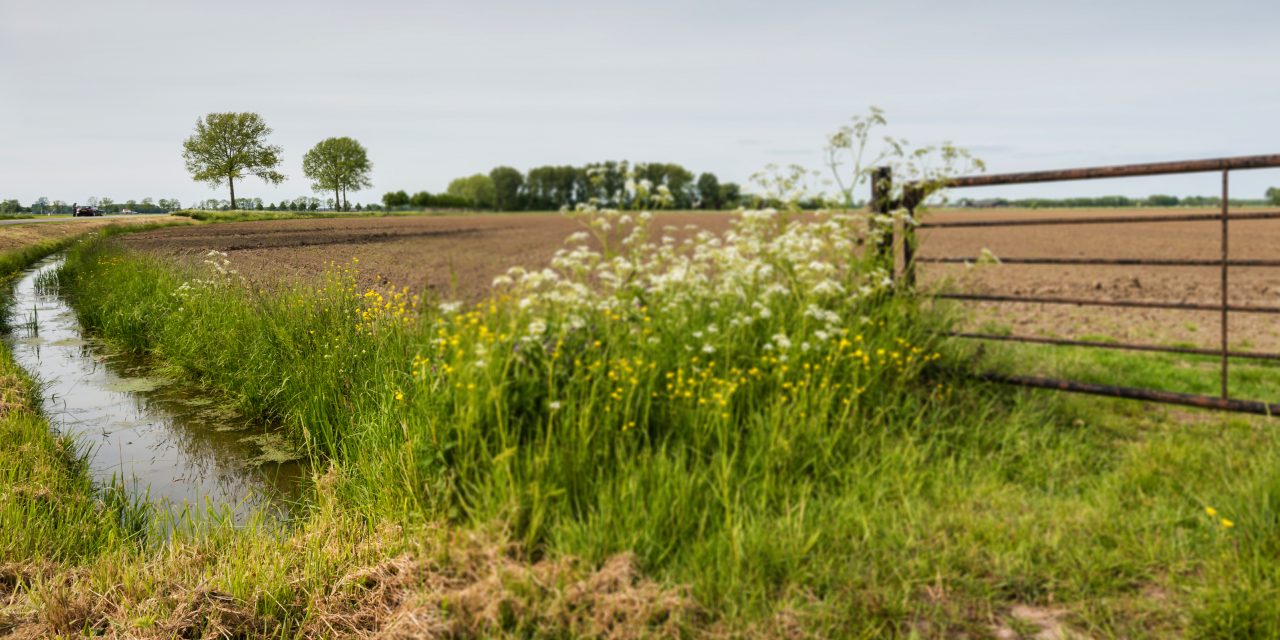After years of legal and political battling, the Trump administration is nearing the final stage of undoing President Obama’s overzealous Waters of the United States (or “WOTUS”) Rule. A far more reasonable regulation known as the “Clean Water Rule” would take its place. Between February 14 and April 15, the Environmental Protection Agency (EPA) is taking comments on the new rule through its website.
The Clean Water Rule would continue our decades-long commitment to clean water for all Americans. The new language keeps protections in place while clarifying and simplifying definitions. This will help citizens follow the law and keep our water clean.
One of the Obama-era WOTUS Rule’s biggest faults was its ambiguity. The language was very technical and theoretical. In practice, it was so ambiguous and complicated that a farmer could not just look at the features of his or her land and determine if the rules applied. But expert environmental evaluations and legal opinions are extremely costly and violating the WOTUS Rule carried potential $37,500-per-day fines. Most farmers could not afford either option. This could lead to widespread uncertainty or lack of compliance by good people who want to follow the law.
A 2015 Missouri Farm Bureau analysis found that the WOTUS Rule could have placed over 99 percent of Missouri land under federal Clean Water Act jurisdiction. There is no scientifically-defensible reason to require federal government permitting for actions on 99 percent of Missouri land. It was simply a power grab by an activist agency.
Overall, the new Clean Water Rule is a significant improvement for Missouri. The rule provides clear guidance to farmers and landowners. It will allow them to easily determine if they need a Clean Water Act permit to work on their land or not.
The WOTUS Rule attempted to expand federal jurisdiction to areas with no visible connection to traditional federally-regulated waters. Underground “hydrological” connections to federal waters could have supported jurisdiction. The new Clean Water Rule will limit federal jurisdiction to areas visibly connected to traditional federal waters.
The new EPA proposal also brings a fundamental change in its approach from the WOTUS Rule. States would be placed in the lead on regulatory enforcement rather than a heavy, top-down approach by the federal government. Missouri’s regulations have successfully improved water quality through voluntary programs and enforcement. Transferring their authority to Washington, D.C., would not improve Missouri’s water quality.
To comment on the new Clean Water Rule, Missourians can go to mofb.org/cleanwater and register their support. We need clean water and clear rules, and this new rule is a huge step in the right direction.


